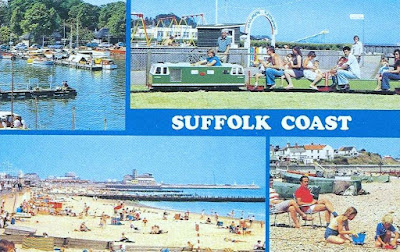Overlooked by most tourists, this compact city, made rich in the Middle Ages by the wool trade, has enough sightseeing to fill a long weekend, as well as interesting shopping (especially along St. Benedict's Street), excellent restaurants, and a vibrant arts scene due, in part, to the presence of the University of East Anglia. Exploration naturally starts at the Market Place, permanently covered by the striped awnings of a large, open-air market.
THE GUILDHALL AND GARDEN OF REMEMBRANCE
All around lie a host of flint-faced churches (32 medieval churches), as well as medieval streets such a cobbled Elm Hill, lined with overhanging and brightly plastered buildings. But the top sight has to be the cathedral, which features a magnificent display of over 1,000 multicolored roof bosses depicting dramatic scenes in miniature along its grand nave and around its cloisters. The large, serene cathedral close, with elegant Georgian houses, feels like a well-kept village.
ST JOHN'S CHURCH AND ST GILES STREET
Norwich has no shortage of museums. The largest, in the castle complex, excels in its enormous teapot collection and galleries of works by John Crome and John Sell Cotman, outstanding landscape artists of the well-respected Norwich School. Also enjoyable are the Bridewell Museum, a nostalgic look at Norwich's industries, and Stranger's Hall, a rambling, old merchant's house.
VisitNorwich: The City of Stories








